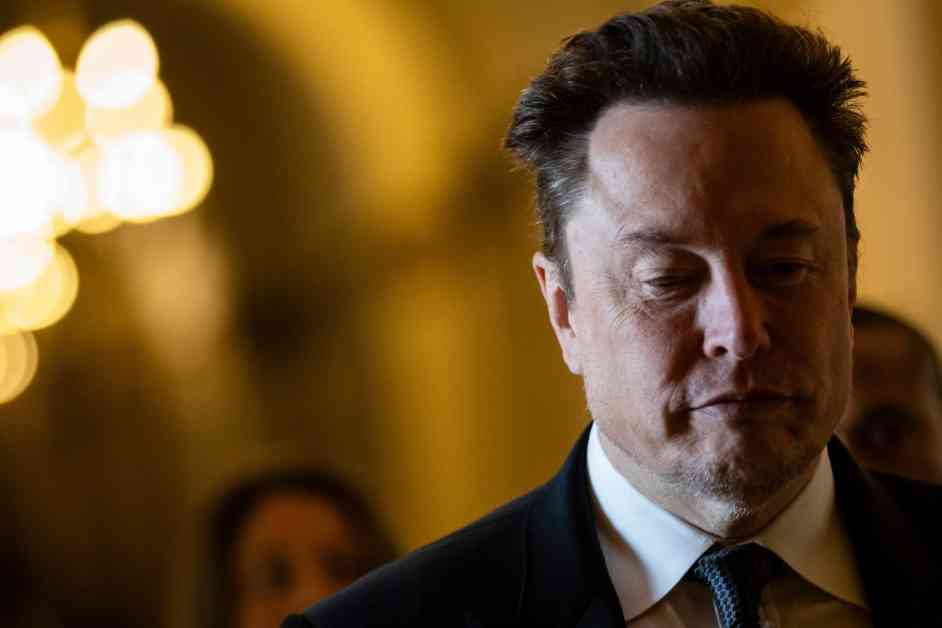Elon Musk’s lawsuit against OpenAI has taken a new turn with the addition of Microsoft as a defendant. The lawsuit, which was initially withdrawn in July but then revived in August, now includes Microsoft, LinkedIn co-founder Reid Hoffman, and former OpenAI board member and Microsoft VP Dee Templeton as new defendants.
The lawsuit argues that OpenAI, originally founded as a non-profit by Musk to research and develop AI for the benefit of humanity, has strayed from its mission. Musk, who left the company in 2018 due to disagreements over its direction, claims that OpenAI is now actively working to eliminate competitors like xAI by extracting promises from investors not to fund them. The complaint also alleges that OpenAI is unfairly benefiting from Microsoft’s infrastructure and expertise, creating what Musk’s counsel describes as a “de facto merger.”
In addition to Microsoft, Hoffman, and Templeton, California attorney general Rob Bonta is also named as a defendant in Musk’s complaint. The lawsuit highlights concerns over potential antitrust violations due to overlapping roles and information sharing between Microsoft, OpenAI, and other entities.
Shivon Zilis, an executive at Neuralink and former OpenAI board member, is also listed as a plaintiff in the lawsuit. Zilis, who has close ties to Musk, raised concerns internally about OpenAI’s dealings that were reportedly ignored. The complaint suggests that Zilis, as an “injured employee” under California Corporations Code, has standing to pursue legal action against OpenAI.
The lawsuit sheds light on an unusual proposal by OpenAI CEO Sam Altman to sell the company’s own cryptocurrency in 2018, which Musk reportedly shot down. The amended complaint includes email exchanges between Altman and Musk discussing the potential risks and consequences of such a move, with Musk ultimately rejecting the idea to avoid damaging OpenAI’s credibility.
Despite OpenAI’s attempts to dismiss Musk’s lawsuit as baseless, the plaintiffs maintain that the company has strayed from its original mission as a non-profit committed to safety and transparency. The complaint alleges that OpenAI, with its ties to Microsoft and other entities, is moving towards becoming a for-profit subsidiary rather than an independent charity.
As the legal battle between Musk and OpenAI continues to unfold, the case raises important questions about the ethical implications of AI research, corporate partnerships, and the responsibilities of organizations in the tech industry. The outcome of this lawsuit could have far-reaching implications for the future of AI development and the relationship between non-profits and for-profit entities in the field.











